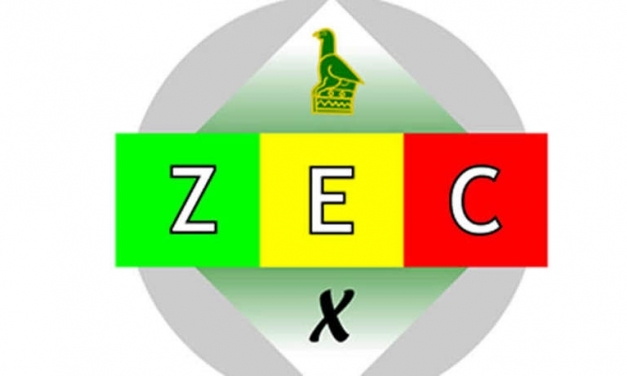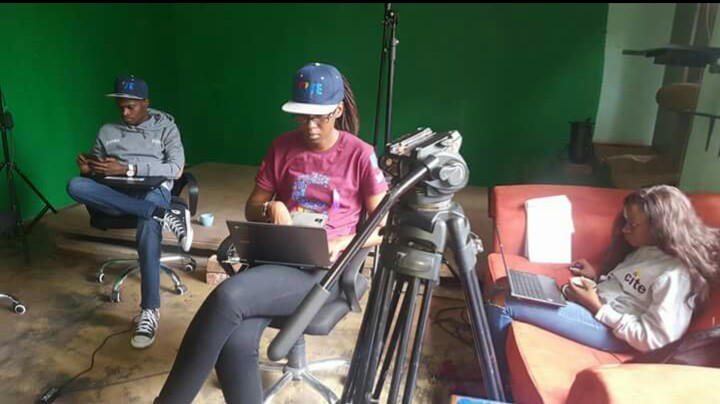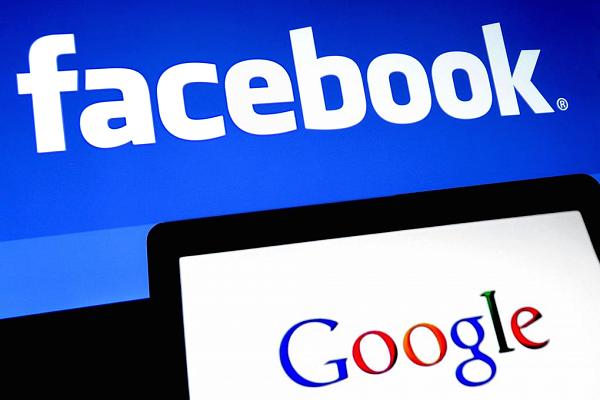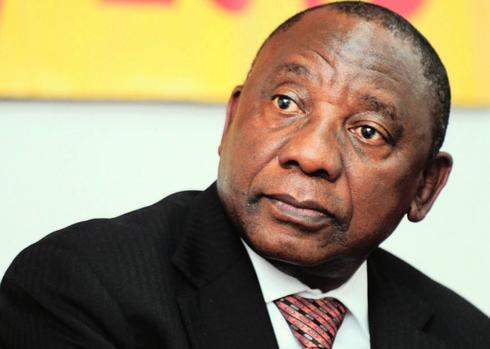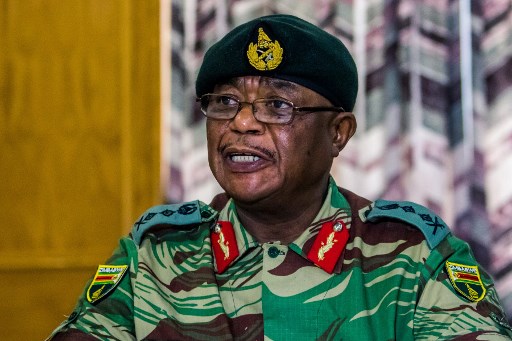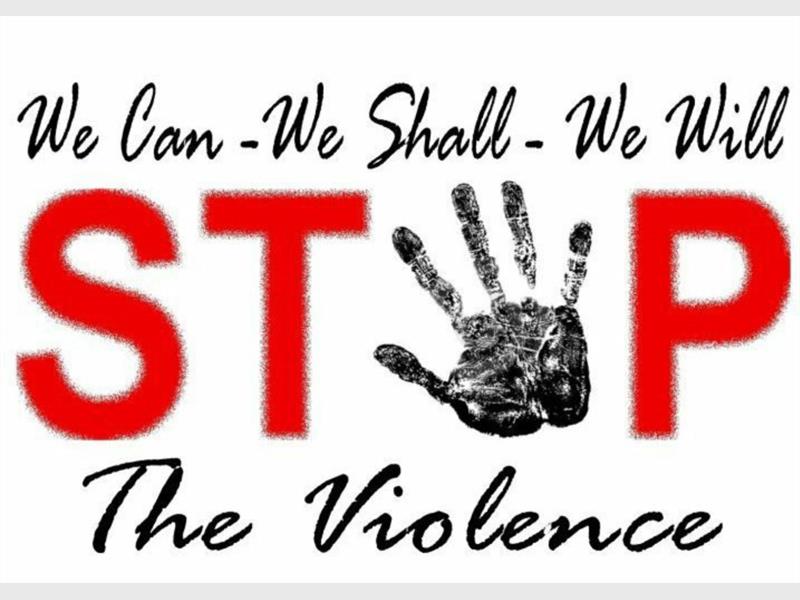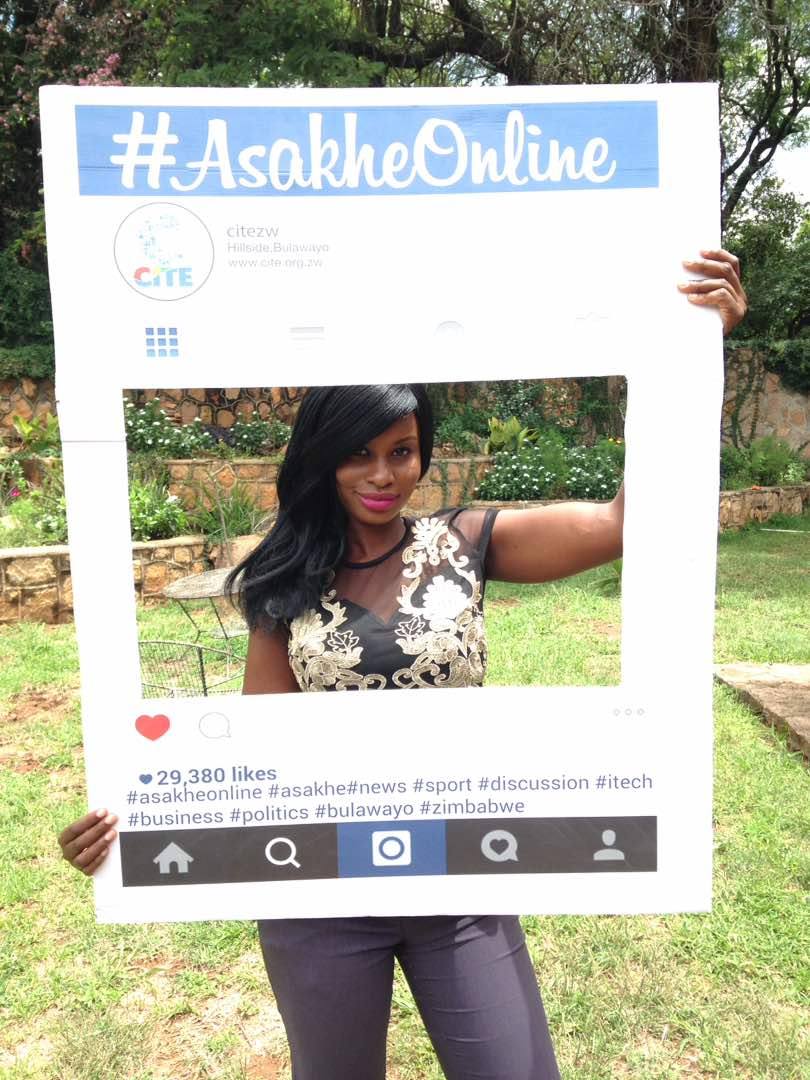The Zimbabwe Electoral Commission (Zec) yesterday resolved to extend the mobile Biometric Voter Registration (BVR) programme pending availability of resources. The mobile BVR programme that started in October was shut down yesterday following the completion of its four phases with over 4,6 million successfully registering to vote. Zec commissioner Dr Qhubani Moyo said Zec had […]
Monthly Archives: December 2017
Posted in#Asakhe, News, Social Media
Operation Restore Legacy ends
Posted in#Asakhe, News, Social Media, Tech

